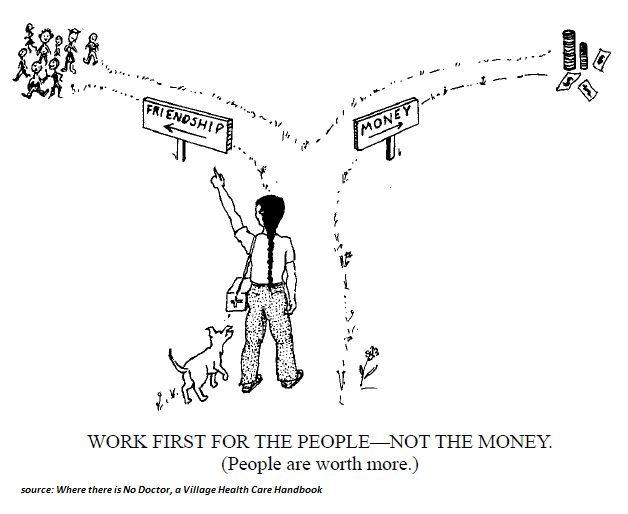Many nations in the world, especially in the developing world, are experiencing poor health indicators and high mortality rates. This has normally been attributed to brain drain, inadequate staff, inadequate drugs, corruption, environmental factors and health seeking behavior. In my opinion, health worker strikes are a barrier to public health and health equity, yet it remains silent. This is evident from media reports, as highlighted below…
‘Child dies at hospital as health staff strike,’ reads the heading of one Malawi online daily – Nyasa Times, 4 February 2014. The article explains; ‘Operations at Dowa District Hospital have been paralysed as health workers went on strike claiming the life of a six year old child. The health workers are striking over LOCUM allowances’ (an allowance given to health workers for working extra hours).
‘Health workers to embark on indefinite strike.’ Among reasons for the strike … ‘consultancy and specialist allowance, call shift and other professional allowances…’ – Nigerian Tribunal, on Monday, 3 February 2014.
21 December 2013, Standard Digital read: ‘Health workers have insisted that their strike is still on contrary to reports of a deal brokered Friday night between them and the government.’ The article further said; ‘as the strike entered its 12th day, patients all over the country continued to suffer since most government facilities remained shut.’ Devolution of service, including payment of their salaries and other emoluments by government, were among the reasons.
As nations strive for health equity, health worker strikes remain rampant, threatening the dream of health for all. All health worker strikes leave the most marginalized groups like children and women to suffer greatest. Issues of allowance and salary payments are too often the hub of these strikes. After reading David Werner’s book, , I learn an ideal village health worker attribute “work for the joy of it”, which I feel should apply for all health workers.
Work for the joy of it, means, if you want to be part in improving and caring for people’s health, you must first enjoy the activity yourself, if not, no one will follow you. You may or may not be paid for your work. But never refuse to care, or care less, for someone who is poor or cannot pay. This way you will win your people’s love and respect. This is worth a lot more than money. This attribute is needed in our health workers to crib health disparities, which come from health worker strikes.

